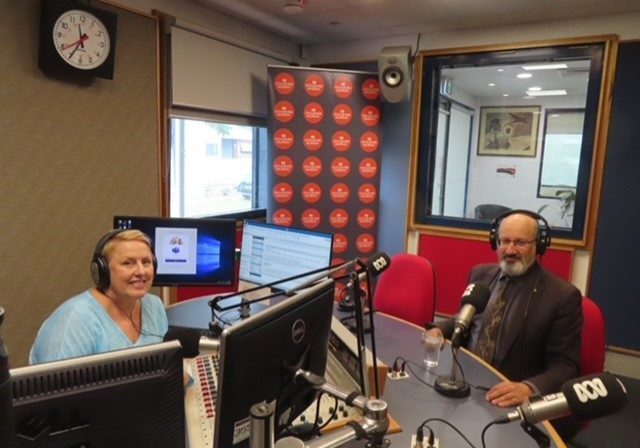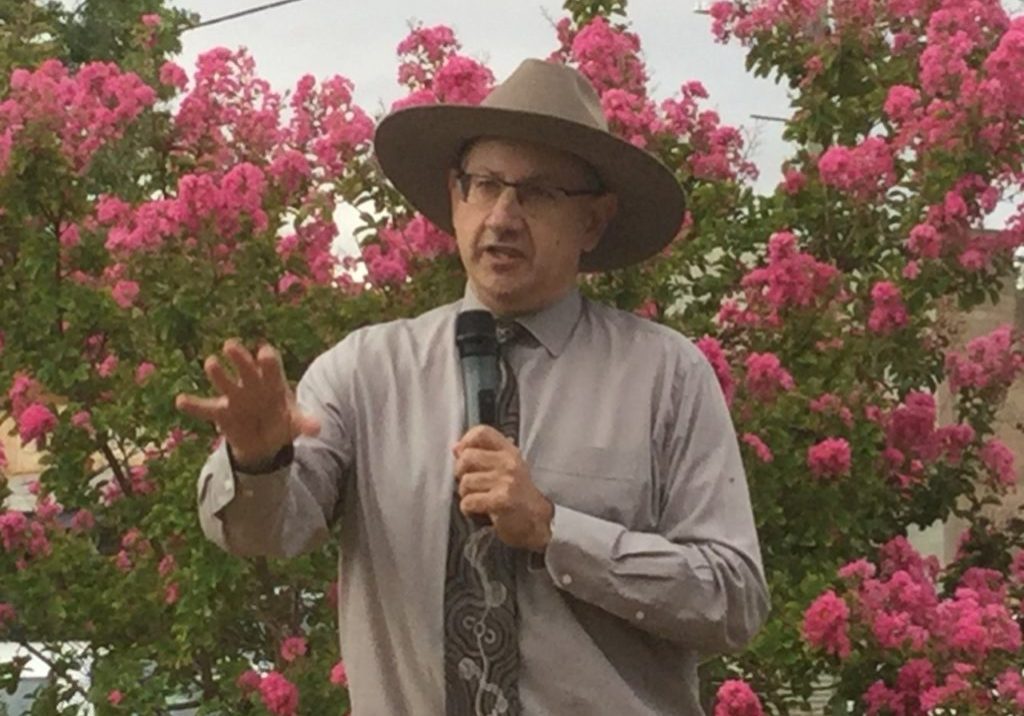Australia/Israel Review
Scribblings: Of Blackouts and Blockades
Feb 1, 2008 | Tzvi Fleischer
Tzvi Fleischer
Of Blackouts and Blockades
There is no doubt that Hamas scored a propaganda coup on January 21, when the evening news was dominated by the blackouts in Gaza, which were blamed on Israel’s closing of its transit points into Gaza and limiting fuel deliveries. Israel was reacting to over 200 rockets fired, mostly by Hamas itself, into southern Israel over a four day period. But as Gazans demonstrated with candles on the evening news, and hospital officials claimed lives were at risk, international protests mounted, and Israel agreed to resume daily fuel shipments.
I don’t have room here to discuss the morality of the demand that Israel provide food, electricity, fuel, medical supplies and money to people whose elected government is unequivocally and openly at war with Israel, while Egypt, Gaza’s other neighbour, of course has absolutely no obligations.
I do, however, want to point out that both the Israeli government and most Israeli commentators are convinced that the blackouts and other shortages televised on Jan. 21 were a stunt orchestrated by Hamas to gain a propaganda victory. For instance, it has been pointed out that when the “blackouts” occurred, scheduled fuel deliveries to Gaza’s sole power station had been stopped for only one day. The delivery suspension was announced on Thursday Jan. 17, but no deliveries occur normally on either a Friday or Saturday. The alleged blackouts occurred on Monday. In other words, the claim is that the power plant (which only supplies 20% of Gaza’s electricity, most of the rest coming from Israel) had only enough reserve fuel stored for a single day. Israeli defence sources say they know how much fuel had been delivered and there should have been plenty of fuel, as well as food and water, left. Moreover, there were also allegations that the timing of the blackout was coordinated with al-Jazeera to maximise the propaganda effect.
Israeli commentators have also pointed out that while hospitals claimed they had no power, Hamas’ TV station never stopped broadcasting. The Israeli Foreign Ministry also alleged that fuel and power to Hamas rocket factories continued to flow.
Israel’s claim that the blackouts had been orchestrated was dismissed or ignored by most of the media, and doubtless discounted by many western observers. But it is not just Israelis making such claims about Hamas orchestrating “humanitarian crises” with the Gaza population as pawns. An unnamed senior Palestinian official in Ramallah told the Jerusalem Post that Hamas was “holding more than 1.5 million Palestinians hostage” in an attempt to rally the Arab and Muslim masses against the PA and Israel.
The official accused Hamas of ordering owners of bakeries to keep their businesses closed to create a humanitarian crisis in the Gaza Strip. “Hamas is preventing people from buying bread,” he said. “They want to deepen the crisis so as to serve their own interests.” He added that, contrary to Hamas’ claims, there is enough fuel and flour to keep the bakeries in the Gaza Strip operating for another two months and “Hamas members have stolen most of the fuel in the Gaza Strip to fill their vehicles.”
Then there is the Dutch Foreign Minister Maxime Verhagen, who, after visiting Israel, said: “Hamas is deliberately intensifying the crisis in the Gaza Strip in order to create pressure from the international community on Israel.”
Even some outside Arab sources, such as Abdel Rahman Rashed, a Saudi national serving as general manager of the pan-Arab al-Arabiya news channel, have publicly blamed the current crisis on Hamas.
I hope readers will keep all this in mind the next time they see images of Gazans demonstrating against blackouts or other suffering supposedly caused by Israeli policies.
Lancet Study Lanced
Readers will recall that major waves were made by a study published in the esteemed British medical journal, The Lancet, in October 2006, whose authors claimed that their data, gathered using epidemiological methods, resulted in estimates that upwards of 600,000 Iraqis had died as a result of military violence during the war. This was at least ten times greater than other estimates based on other methods, and critics were quick to label the number as not credible and to find various flaws with the “cluster-survey” technique used to develop this estimate and other aspects of the study. Nonetheless, both political activists and sections of the media have since been repeating this number as if it were an accepted fact.
Well, a new in-depth cover story from the National Journal, a highly-regarded, non-partisan and non-ideological Washington political magazine, has added a heap of additional evidence that the critics were correct about the Lancet study. It is impossible to summarise all their findings here, but among other things, authors Neil Munro and Carl M. Cannon reveal that the underlying data used in the study has never been made available for peer review, that almost nothing is known about the decision-making or oversight of Riyadh Lafta, the Iraqi academic who actually organised and collated the field surveys which are the core of the study and, finally, that the published data reveals a number of suspicious patterns which suggest it may have been partly or wholly fabricated.
There’s much more, and anyone interested in Iraq casualty rates and the Iraq war debate must read the whole story, available online at http://news.nationaljournal.com/articles/databomb/index.htm. In the wake of the National Journal story, anyone who uncritically cites the “600,000 Iraqi dead” figure should be laughed out of any serious debate about Iraq.






